FTC LEVIES FINE ON MERCEDES BENZ KOREA
입력 2022.02.07 (15:15)
수정 2022.02.07 (16:45)
읽어주기 기능은 크롬기반의
브라우저에서만 사용하실 수 있습니다.
[Anchor Lead]
The Fair Trade Commission has levied a fine of around 20 billion won on Mercedes Benz Korea for exaggerated and false advertisements. The company claimed its automobiles emit 90 percent less nitrogen oxide emissions, but it's been found the automaker installed emissions rigging software.
[Pkg]
A diesel vehicle produced by Mercedes Benz of Germany. About an hour and a half after the car starts moving it begins emitting nitrogen oxide. Nitrogen oxide emitted from the engine is removed by sprinkling urea inside the vehicle. About 25 minutes into the ride, the amount of urea solution drops by 59 percent. The Korean government says this happens because of an emissions rigging program. Some of the Mercedes diesel vehicles emit nitrogen oxide 5-14 times the permissible level when driven for a prolonged period of time. The automaker advertised its diesel cars emit up to 90 percent less nitrogen oxide.
[Soundbite] Moon Jong-sook(Fair Trade Commission) : "The company deliberately installed and hid software to lower the performance of its vehicles but advertised them as high-performing. This stipulates severe exaggeration and falsification."
Some 32,000 cars of 15 models were found to have been falsely advertised or had their specifications exaggerated. They were manufactured between 2012 and 2018. The Fair Trade Commission ordered the automaker to take corrective measures and levied a fine of around 20 billion won. The Environment Ministry levied a 64.2 billion fine on the automaker in 2020 for acquiring certification illicitly. The measure wraps up sanctions on falsified and exaggerated ads of diesel vehicle emissions that began with Audi-Volkswagen. Mercedes Benz Korea says it cooperated with the authorities but can't announce its stance before receiving the FTC's ruling on its advertisements and labeling in writing.
The Fair Trade Commission has levied a fine of around 20 billion won on Mercedes Benz Korea for exaggerated and false advertisements. The company claimed its automobiles emit 90 percent less nitrogen oxide emissions, but it's been found the automaker installed emissions rigging software.
[Pkg]
A diesel vehicle produced by Mercedes Benz of Germany. About an hour and a half after the car starts moving it begins emitting nitrogen oxide. Nitrogen oxide emitted from the engine is removed by sprinkling urea inside the vehicle. About 25 minutes into the ride, the amount of urea solution drops by 59 percent. The Korean government says this happens because of an emissions rigging program. Some of the Mercedes diesel vehicles emit nitrogen oxide 5-14 times the permissible level when driven for a prolonged period of time. The automaker advertised its diesel cars emit up to 90 percent less nitrogen oxide.
[Soundbite] Moon Jong-sook(Fair Trade Commission) : "The company deliberately installed and hid software to lower the performance of its vehicles but advertised them as high-performing. This stipulates severe exaggeration and falsification."
Some 32,000 cars of 15 models were found to have been falsely advertised or had their specifications exaggerated. They were manufactured between 2012 and 2018. The Fair Trade Commission ordered the automaker to take corrective measures and levied a fine of around 20 billion won. The Environment Ministry levied a 64.2 billion fine on the automaker in 2020 for acquiring certification illicitly. The measure wraps up sanctions on falsified and exaggerated ads of diesel vehicle emissions that began with Audi-Volkswagen. Mercedes Benz Korea says it cooperated with the authorities but can't announce its stance before receiving the FTC's ruling on its advertisements and labeling in writing.
■ 제보하기
▷ 카카오톡 : 'KBS제보' 검색, 채널 추가
▷ 전화 : 02-781-1234, 4444
▷ 이메일 : kbs1234@kbs.co.kr
▷ 유튜브, 네이버, 카카오에서도 KBS뉴스를 구독해주세요!
- FTC LEVIES FINE ON MERCEDES BENZ KOREA
-
- 입력 2022-02-07 15:15:29
- 수정2022-02-07 16:45:34
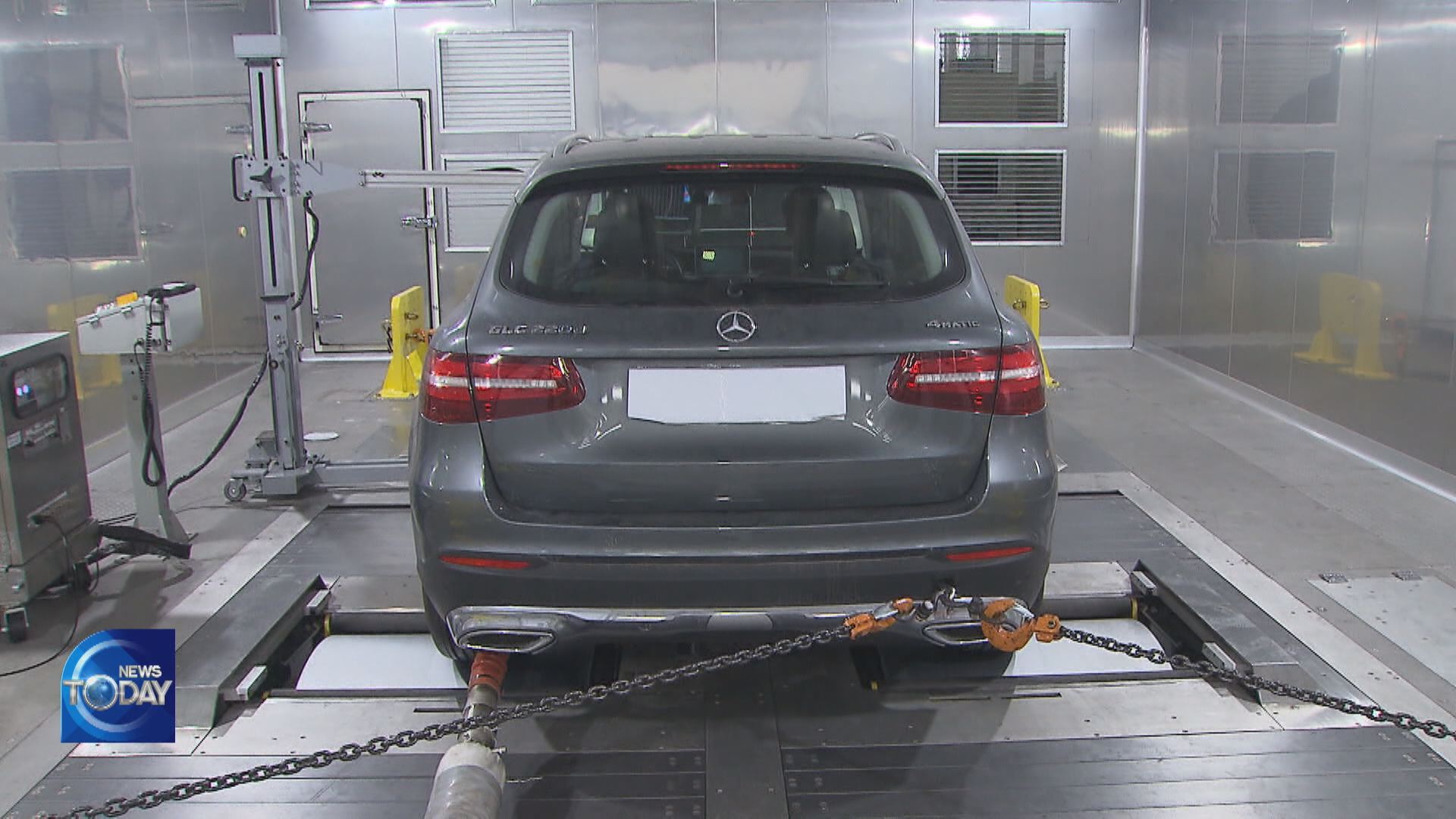
[Anchor Lead]
The Fair Trade Commission has levied a fine of around 20 billion won on Mercedes Benz Korea for exaggerated and false advertisements. The company claimed its automobiles emit 90 percent less nitrogen oxide emissions, but it's been found the automaker installed emissions rigging software.
[Pkg]
A diesel vehicle produced by Mercedes Benz of Germany. About an hour and a half after the car starts moving it begins emitting nitrogen oxide. Nitrogen oxide emitted from the engine is removed by sprinkling urea inside the vehicle. About 25 minutes into the ride, the amount of urea solution drops by 59 percent. The Korean government says this happens because of an emissions rigging program. Some of the Mercedes diesel vehicles emit nitrogen oxide 5-14 times the permissible level when driven for a prolonged period of time. The automaker advertised its diesel cars emit up to 90 percent less nitrogen oxide.
[Soundbite] Moon Jong-sook(Fair Trade Commission) : "The company deliberately installed and hid software to lower the performance of its vehicles but advertised them as high-performing. This stipulates severe exaggeration and falsification."
Some 32,000 cars of 15 models were found to have been falsely advertised or had their specifications exaggerated. They were manufactured between 2012 and 2018. The Fair Trade Commission ordered the automaker to take corrective measures and levied a fine of around 20 billion won. The Environment Ministry levied a 64.2 billion fine on the automaker in 2020 for acquiring certification illicitly. The measure wraps up sanctions on falsified and exaggerated ads of diesel vehicle emissions that began with Audi-Volkswagen. Mercedes Benz Korea says it cooperated with the authorities but can't announce its stance before receiving the FTC's ruling on its advertisements and labeling in writing.
The Fair Trade Commission has levied a fine of around 20 billion won on Mercedes Benz Korea for exaggerated and false advertisements. The company claimed its automobiles emit 90 percent less nitrogen oxide emissions, but it's been found the automaker installed emissions rigging software.
[Pkg]
A diesel vehicle produced by Mercedes Benz of Germany. About an hour and a half after the car starts moving it begins emitting nitrogen oxide. Nitrogen oxide emitted from the engine is removed by sprinkling urea inside the vehicle. About 25 minutes into the ride, the amount of urea solution drops by 59 percent. The Korean government says this happens because of an emissions rigging program. Some of the Mercedes diesel vehicles emit nitrogen oxide 5-14 times the permissible level when driven for a prolonged period of time. The automaker advertised its diesel cars emit up to 90 percent less nitrogen oxide.
[Soundbite] Moon Jong-sook(Fair Trade Commission) : "The company deliberately installed and hid software to lower the performance of its vehicles but advertised them as high-performing. This stipulates severe exaggeration and falsification."
Some 32,000 cars of 15 models were found to have been falsely advertised or had their specifications exaggerated. They were manufactured between 2012 and 2018. The Fair Trade Commission ordered the automaker to take corrective measures and levied a fine of around 20 billion won. The Environment Ministry levied a 64.2 billion fine on the automaker in 2020 for acquiring certification illicitly. The measure wraps up sanctions on falsified and exaggerated ads of diesel vehicle emissions that began with Audi-Volkswagen. Mercedes Benz Korea says it cooperated with the authorities but can't announce its stance before receiving the FTC's ruling on its advertisements and labeling in writing.
이 기사가 좋으셨다면
-
좋아요
0
-
응원해요
0
-
후속 원해요
0










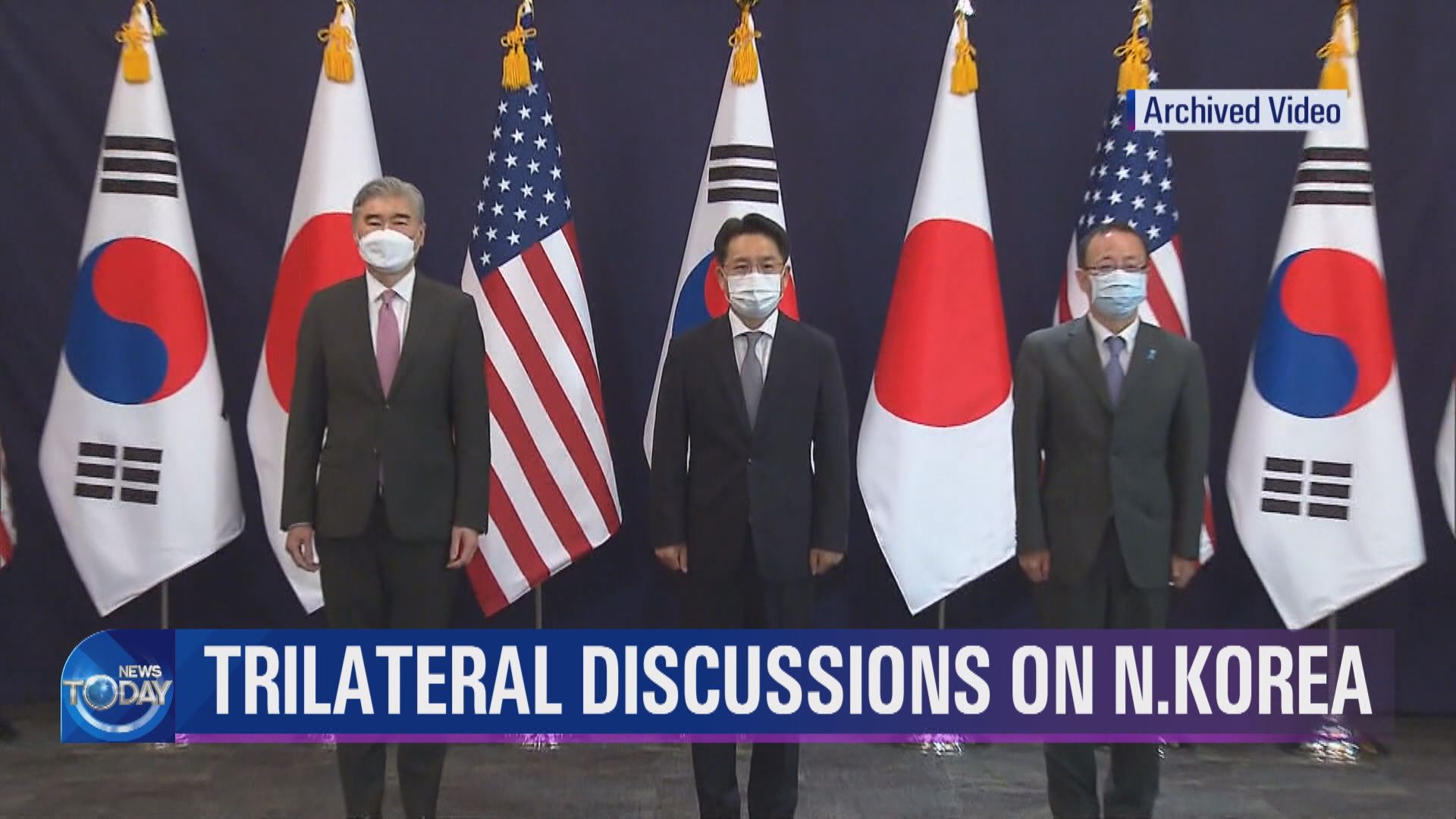
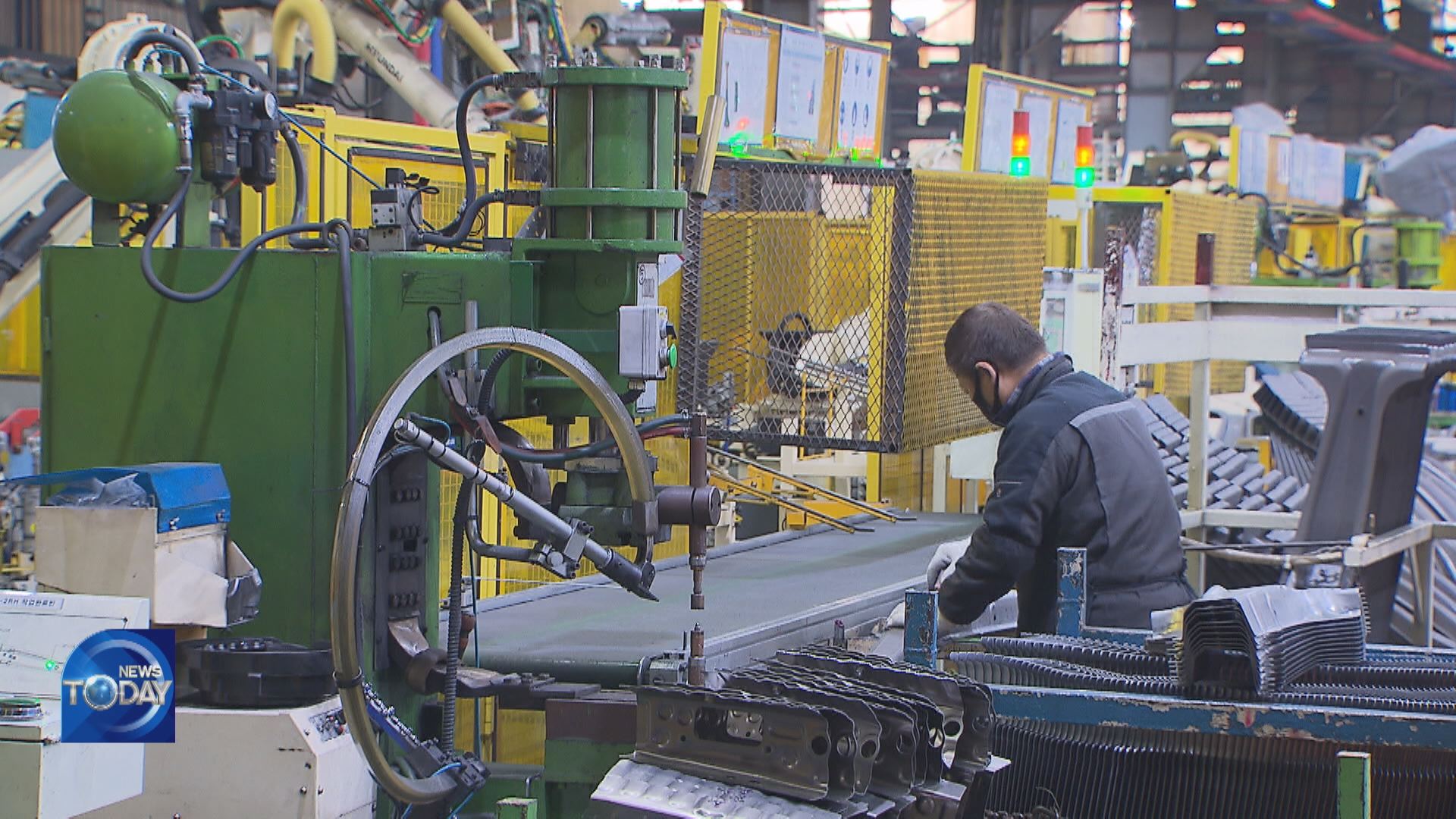
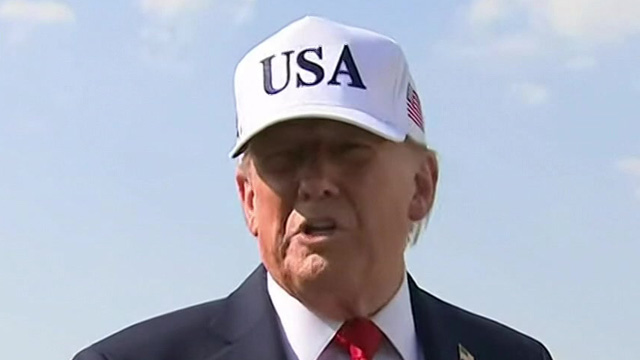
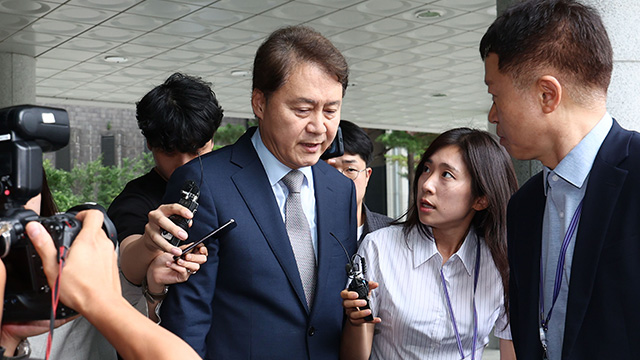
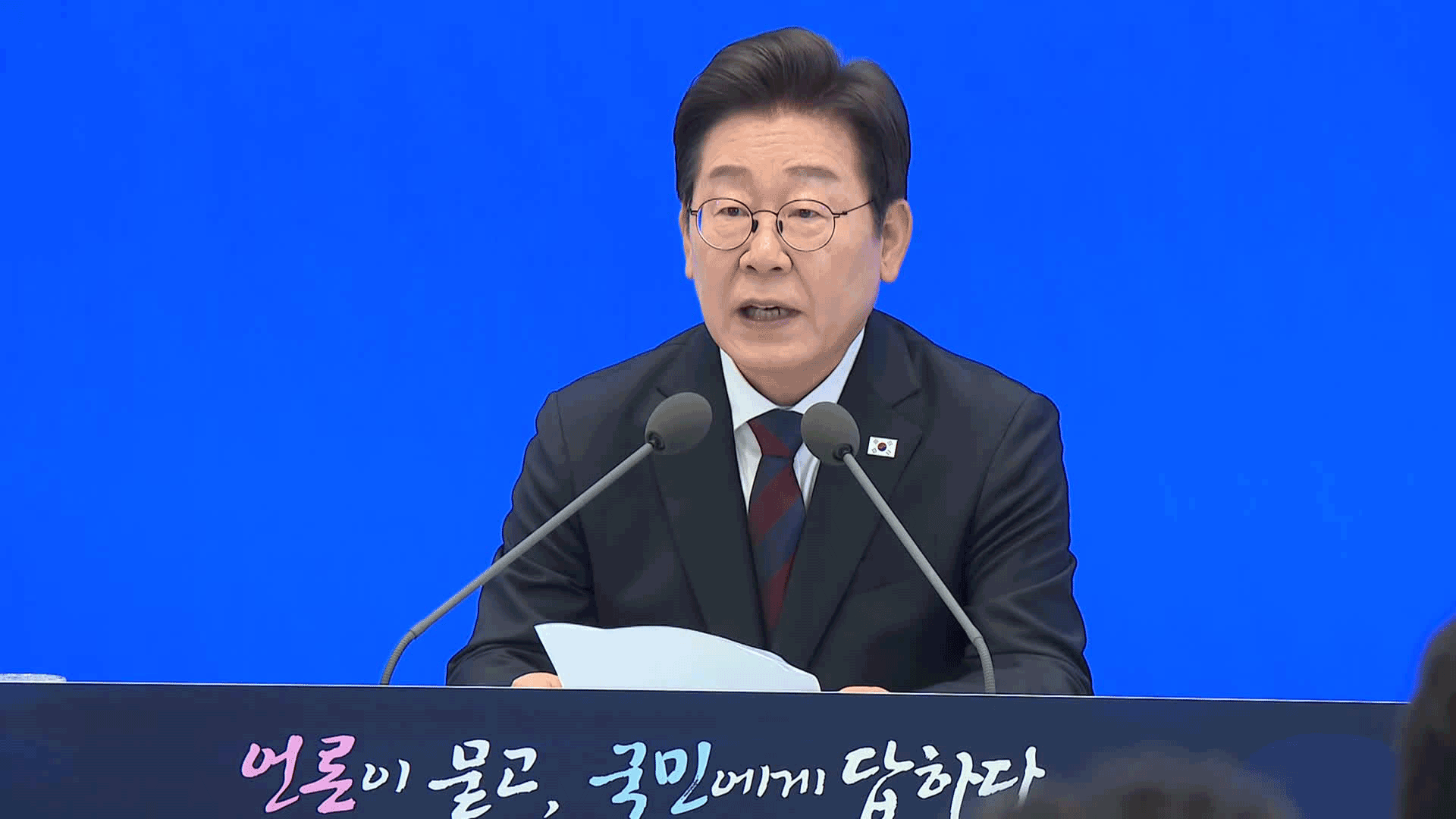
![[단독] 도이치 주포 “김건희, 내 덕에 떼돈 벌어…22억 원 주문”](/data/news/2025/07/03/20250703_KpuU43.png)

이 기사에 대한 의견을 남겨주세요.